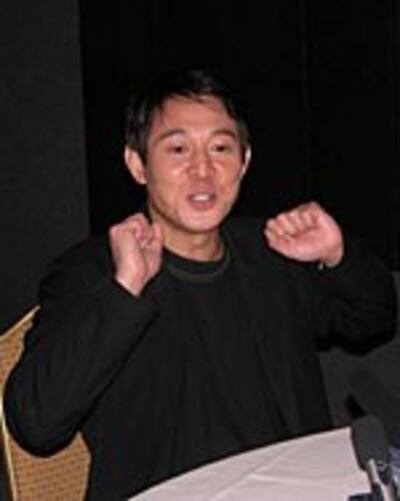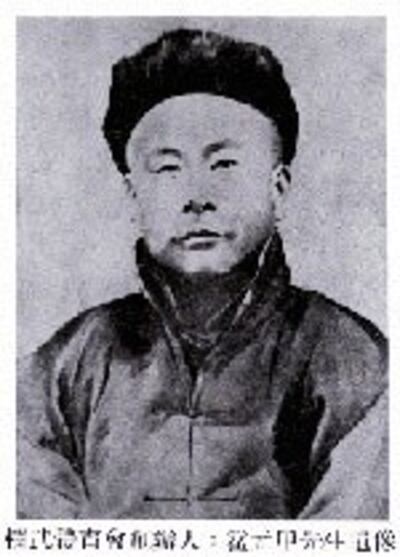
LOS ANGELES, California—In the recent film epic "Fearless," martial artist Huo Yuanjia puts Western imperialists to shame, teaching them a lesson about Chinese subtlety and discipline in the process.
And, as Jet Li told RFA's Mandarin service on Friday, his goal in making the movie wasn't so far from that of his main character.
Many Western viewers think that Chinese martial arts is just people hitting each other back and forth.
"Many Western viewers think that Chinese martial arts is just people hitting each other back and forth," Li told Los Angeles-based reporter Xiao Rong.
"I hope this movie will show them that physical contact is only one aspect of Chinese martial arts, which is also imbued with other Eastern cultural influences, such as psychology and philosophy."
Li, who has said "Fearless" will be his last martial arts movie, said he found in Huo Yuanjia's life a story that could serve as a vehicle to sum up his own career as a kung fu action hero.
Li's last martial arts epic
"I have put several key factors such as the spirit of Huo Yuanjia, his recognition of Chinese martial arts and the era he lived through, as well as my personal emotions and feelings toward martial arts, all those things, into this movie," he said.

"I think there is always a summary for each segment of one's life, just like I decided to quit after winning championship titles in China's national martial arts competitions five years in a row," Li added.
"The story of Huo Yuanjia is a perfect opportunity for such a summary."
The real Huo was born in Shanghai at the end of the 19th century, at a time when the Qing dynasty was undergoing a major erosion of its authority by foreign powers.
This was the time of the Boxer Rebellion (1899-1901), when martial arts-inspired rebels attacked foreigners and Chinese Christians in massive killing sprees driven by anti-Western sentiment.
Frequently referred to as a "patriotic movement" in the People's Republic of China by Communist politicians, the Boxer Rebellion still stirs political passions in China today: The popular newspaper supplement Freezing Point was temporarily closed this year following publication of an article reassessing the official view of the uprising.
Huo became famous in 1901 after an enounter with a Russian boxer in a Tianjin park who called the Chinese "the sick men of the East" because no one would fight him.
Huo accepted, but the Russian forfeited and printed a public apology.
In Li's movie, Huo takes on a British boxer, a Spanish swordsman, and a Russian soldier, before facing the toughest test of all, a Japanese martial artist called Tanaka, based on a real-life opponent faced by Huo at the very end of his life.
Original reporting in Mandarin by Xiao Rong. RFA Mandarin service director: Jennifer Chou. Written and produced for the Web in English by Luisetta Mudie. Edited by Sarah Jackson-Han.
